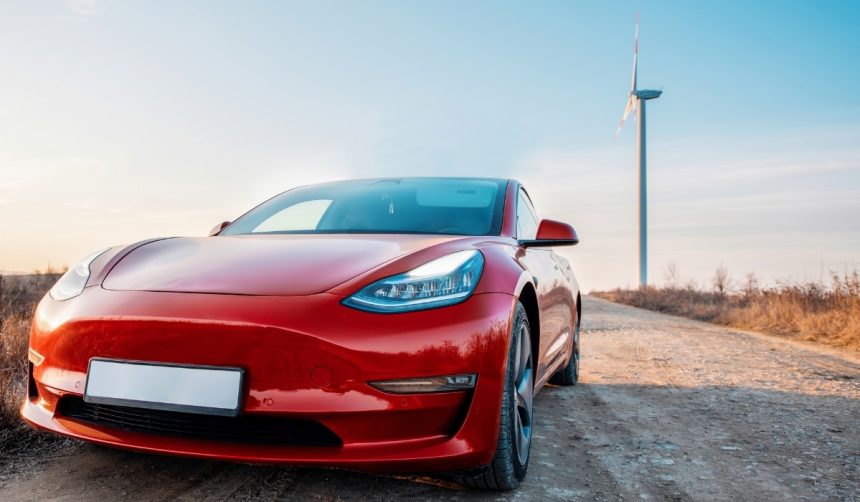Legislators in Washington state are considering a new tax on Tesla’s emission credit sales, potentially impacting the company’s substantial revenue from this market. This move is part of a broader effort to regulate the financial benefits that Tesla gains from selling these credits. The proposed tax could influence how Tesla interacts with other automakers seeking to meet emission standards.
Significant differences emerge when comparing this initiative to past regulatory measures. Previously, Washington’s environmental policies aimed mainly at increasing EV adoption without specifically targeting the financial mechanisms behind emission credits. This new tax proposal represents a shift towards addressing the economic aspects of environmental regulations, highlighting a unique approach among U.S. states.
Why Is Washington Implementing a Tax on Emission Credits?
Washington lawmakers argue that the 10 percent tax aims to prevent Tesla from benefiting disproportionately from emission credits. These credits were established to encourage automakers to reduce their carbon footprint by penalizing those who fail to meet emission standards. By taxing the sale of these credits, legislators seek to level the playing field between companies like Tesla, which exclusively produce electric vehicles, and traditional gasoline-powered vehicle manufacturers.
How Do Opponents Respond to the Proposed Tax?
Opposition from Olympia Republicans centers on the fairness of the tax, arguing it targets only specific companies. They have introduced a counter bill to block the proposed tax and any similar measures that could single out individual businesses. This response underscores the political divide surrounding environmental policy and economic regulation in Washington.
What Are the Potential Effects on Tesla and the Emission Market?
If implemented, the tax could reduce Tesla’s profit margins from emission credit sales, potentially leading to higher prices for automakers purchasing these credits.
“The creation of these tradeable and bankable credits creates the opportunity for a financial windfall accruing to firms that are not burdened by the legacy production of internal combustion engine vehicle,” legislators wrote in the proposal.
Tesla might adjust its pricing strategy to mitigate the impact of the tax, maintaining its dominance in the emission credit market.
Navigating these legislative changes will require automakers to reassess their strategies for meeting emission standards. The new tax could encourage more competitive pricing and innovation within the EV sector, ultimately benefiting the broader market and environmental goals.
Tesla’s role in the emission credit market continues to be a focal point of regulatory discussions. As Washington moves forward with its proposals, the outcomes could set a precedent for other states considering similar measures. Stakeholders will be closely monitoring the developments to understand the long-term implications for the automotive industry and environmental policy.
- Washington proposes a 10% tax on Tesla’s emission credits.
- Legislators aim to balance financial benefits among automakers.
- Opposition argues the tax unfairly targets specific businesses.










